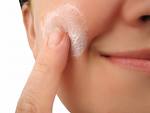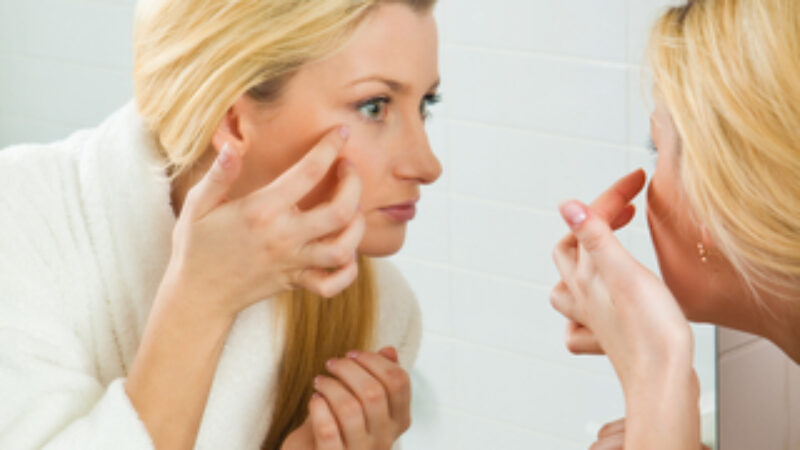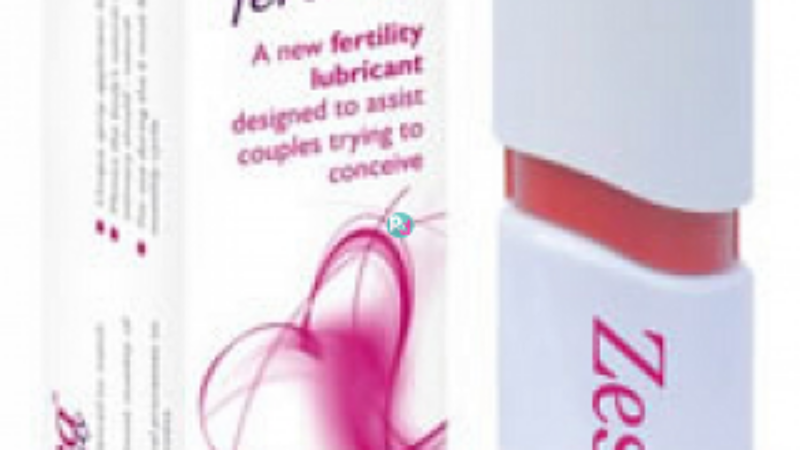Moisturizers play an important role in helping your skin retain moisture, allowing it to look healthy and feel smooth. But, many people misunderstand how moisturizers work and mistakenly think they’re useful in all situations. Today, I’ll describe a few things about moisturizers that may surprise you. In doing so, you’ll be able to choose the right formulations to protect and care for your skin.
Moisturizers May Be Inappropriate
A lot of people believe that moisturizers are appropriate for everyone. Continuous advertising and claims made by cosmetics manufacturers contribute to spreading this misconception. In truth, emollients are not appropriate for certain skin types. People who have naturally oily skin should avoid heavy cream or lotion-based moisturizers. Even though they can replenish dry skin with lipids while sealing in moisture, they can do more harm than good on oily skin. If applied generously, they can clog pores, leading to blackheads and other conditions. In short, if your skin is naturally oily, you may not need to use a moisturizer.
Moisture Can Dry Your Skin
While it sounds like a contradiction, it is possible for your skin to be exposed to too much moisture. This can happen through recurring long showers and baths, ultimately causing your skin to become dry by breaking down the skin’s intracellular matrix. This protective covering helps to keep skin cells healthy.
A delicate balance must be maintained between the changing humidity and varying levels of evaporation of the water within the stratum corneum. Excessive soaking and moisture can interrupt this balance, causing your skin to become dry. This same effect can occur when using moisturizers excessively.
Beneficial Ingredients May Be Ineffective
A lot of cosmetics manufacturers promote their products by noting the inclusion of certain ingredients (shea butter, fatty acids, cholesterol, water-binding agents, etc.) that are known to have a moisturizing effect on the skin. However, the efficacy of these products depends upon the concentrations in which these ingredients are included. That is, there has to be enough used to make any difference.
Your Skin Still Needs Sun Protection
Moisturizers alone cannot effectively protect your skin from the sun’s UV rays. They’re useful (on most skin types) for replenishing necessary lipids and fatty acids while helping your skin retain moisture. But, you should also need a well formulated sunscreen that offers wide-range protection from both UVA and UVB rays.
If your skin is very dry, the following formulations will prove valuable:
Lipikar Baume Body Balm – a non-greasy formula that include a high shea butter content (20%) to soothe dry and irritated skin.
Iso Urea Body Milk – a moisturizing formula with 5% urea and shea butter that provides comfort while smoothing the rough feeling of intensely dry skin.
Finally, don’t neglect to add a sunscreen to your regular routine for protecting your skin. The sun can still cause damage even if you’re using moisturizers. Anthelios sunscreens offer considerable protection from both UVA and UVB rays.





This is an interesting article. So if I have naturally oily skin but I use a lot of drying skincare products (retinoids, etc) should I be using a moisturizer?
Absolutely. Retinoids are great for helping to treat blemishes in oily skin because they can unclog pores. The problem, however, is that skin can become dry.
If you are going to use a moisturizer, make sure that you use one that won’t clog pores again. I like La Roche Posay Effaclar line which is formulated for oily skin so that you get the moisture without pore clogging oils.